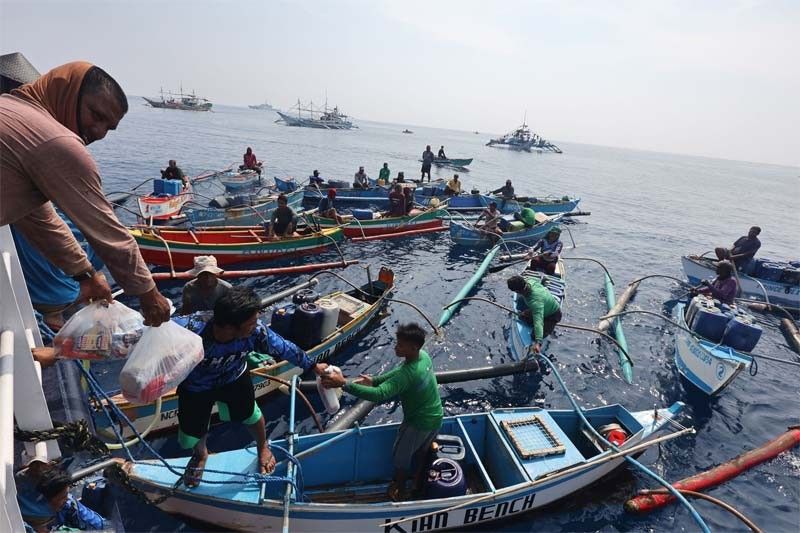Declare tracking system in fishing boats illegal, SC asked

MANILA, Philippines — Commercial fishing operators have urged the Supreme Court (SC) to affirm a lower court’s ruling that declared unconstitutional Fishing Administrative Order (FAO) 266, which requires fishing operators to install monitoring systems on commercial fishing vessels.
Fishing companies Royal Fishing Corp., Bonanza Fishing and Market Resources Inc. and RBL Fishing Corp., through their counsel Arnold Naval, defended before the high tribunal the correctness of the decision of the Malabon City Regional Trial Court to issue permanent injunction against the implementation of FAO 266, declaring it null and void for being unconstitutional.
The companies asserted that the order, which required commercial fishing vessels to install tracking devices and report their catch through the vessel monitoring system (VMS) and electronic reporting system (ERS), violated their right to privacy and unlawful searches.
They said the use of VMS will allow the Bureau of Fisheries and Aquatic Resources (BFAR) to have “unrestricted power to access sensitive information to monitor the location and activities of the fishing vessels” and puts the fishing operator’s trade secrets at risk of exposure.
Under FAO 266, fishing companies are required to record and report their catch data to the BFAR including the position of the vessel where they caught the fish, date and time and species and volume of fish caught.
The companies said the information to be recorded and reported is sensitive and constitutes part of their trade secrets and proprietary information.
FAO 266 also violates the constitutional right against unlawful searches, according to the companies as the constant real-time monitoring facilitated by the VMS amounts to an unwarranted and unconstitutional intrusion, conducted without probable cause or judicial authorization.
The companies said that FAO 266 violates the equal protection clause of the Constitution as it only regulates commercial fishing vessels while regulation of municipal fishing vessels is under local government units.
They said that FAO 266 was issued without public consultation and delineation of municipal waters, which also violates the constitutional right of fishing companies to due process.
The order also violates a spectrum of their constitutional rights including privacy, protection against unlawful searches, the equal protection clause, due process, and participation in decision-making.
The companies presented their arguments before the SC, which is conducting an oral argument on the petitions filed by the government through the Office of the Solicitor General and environment advocacy group Oceana.
The government, represented by Solicitor General Menardo Guevarra, has asked the SC to set aside and reverse the Malabon court’s ruling.
Guevarra said the order was “erroneously” declared unconstitutional and the Malabon court committed grave abuse of discretion when it issued a temporary restraining order and a writ of preliminary injunction against it.
He said the declaration of unconstitutionality on the order has left the government “defenseless against the decline and deterioration of the country’s marine resources and ineffective in the enforcement of the rights of the people to a balanced and helpful ecology.”
Guevarra said the government stands to suffer economically for failure to comply with traceability requirements of countries to which Philippine fisheries products are exported.
Without the VMS, locally caught fish products cannot be certified that they are not sourced through illegal, unreported and unregulated fishing, Guevarra said.
With this, about $320 million worth of fish products bound for Europe every year are in danger of rejection if the Philippine government fails to certify that the fish products were not caught through illegal, unregulated and unreported fishing.
Early this year, the Office of the President suspended the implementation of FAO 266, pending SC’s decision on its unconstitutionality.
- Latest
- Trending





























